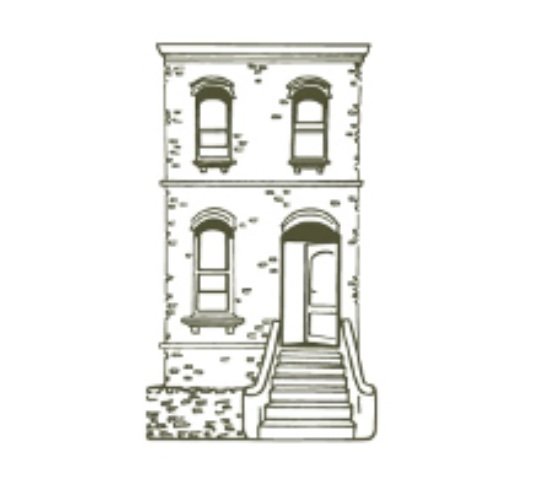Are you beautiful?
we are all born
so beautiful
the greatest tragedy is
being convinced that we are not
--rupi kaur--
Are you beautiful? Am I beautiful? Depends on who you ask.
Yes, if you believe most poets, activists, loved ones, and the lucky few with the right everything.
No, probably not if you believe the cultural norms and the so-called “golden ratio” of symmetry and order.
But who am I to judge?
The shadow side of gold.
Ironically, the golden ratio of beauty doesn’t just refer to facial features and hip-to-waist measurements. You can find it in the placements of your teeth and lungs as well. So, two areas of your body you don’t have to perfect, at least.
But there’s a dark side to holding the ratio torch high. Feminists might say beauty has been largely defined by the ‘male gaze’. But this is true as well: I regularly hear women tear apart the physicality of a friend or co-worker who has just left the room or table. And how do we ascribe beauty to individuals in transition or for those who are non-gendered?
Darker still, perfecting the body can lead to body dysmorphia, unnecessary surgeries, depressed affect, relationship distress, even self-harm and suicide. Even worse, the pursuit of beauty can be twisted into nefarious ideologies.
Beauty: for what and for whose purpose?
Beauty is skin deep, but ugly goes right to the bone.
Not true.
To dislike our body, even to hate ‘it’, is to objectify ‘it’, to see our bodies as something separate from our souls and spirits. This is how we disembody ourselves, our true selves. We begin by naming our bodies as an ‘it’. We perpetuate cruel messages about our ugliness, unworthiness, disappointment, and disgust. We embody a deeply personal wounding.
Could you appreciate the beauty of your spleen?
Not because it’s symmetrical or free of acne but because it keeps you alive. Could you love your heart muscle because it keeps beating, your regulating system that warms and cools?
Could we learn to love our quirky toes, the little wrinkles next to a loved one’s ears, even a scar that signifies a story of sacrifice? Could we learn to garner an affection for most, if not every, parts of us, rely less on socially constructed norms and narratives and more on beauty as a fulsome belief?
I think we could if we helped each other.
Maybe if we started with gratitude not criticism, appreciation not attribution, positivity not perfection, embodiment not exclusion.
Maybe if we grieved for aging and scars and lumps, and protested what has and will hurt us again.
Maybe if we didn’t hate.
As rupi kaur says, “we are all born so beautiful”.
Where did yours go? Follow it home.

